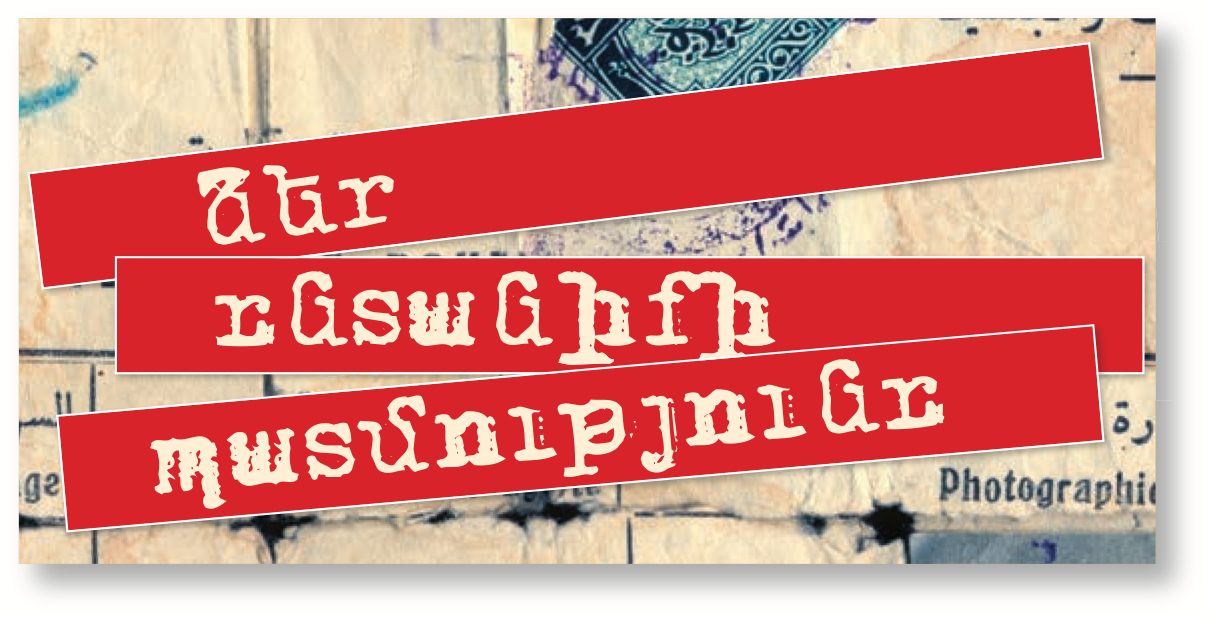Escapes
ESCAPE FROM PARADISE
Disaporan Armenian repatriates not only never found the promised “paradise on earth”, but quickly realized there was no road of return. This insignificant ‘detail’ was never brought to their attention and their questions remained unanswered.
By 1946, the first attempts to escape had already occurred. Some were able to flee across the Soviet-Turkish border. Many, however, were caught and sentenced to 1-3 years; sometimes conditional, without detainment.
Repatriates also attempted to cross the Soviet border from other republics, in particular Georgia, Azerbaijan, Turkmenistan and Moldova.
In April 1947, USSR Minister of Internal Affairs Kruglov, in a special communique sent to Stalin, Beria and Zhdanov, had written that some 600 repatriates were contemplating escaping and that 88 of them had been arrested while attempting to do cross the border.
“During questioning, the arrested repatriate Armenians explained that bad living and material conditions were behind their desire to escape,” writes Kruglov. On the other hand, citing stats from the USSR Ministry of Internal Affairs, the minister basically explains that desire to escape by the presence of members of bourgeois-nationalist political parties (Dashnak, Hnchak and Ramgavar) actively engaged in anti-Soviet propaganda.
The analyses carried out by the leadership of the USSR and Soviet Armenia regarding escape cases led to the following conclusions:
1.The material-living situation of the repatriates was actually quite poor. Immediate and effective measures had to be taken to improve the situation.
2.Repatriate families had to be removed from border zones and resettled in the republic’s interior.
3.The ever growing intent in repatriate circles to escape must be regarded as a consequence of the active influence of bourgeois-national parties, especially the Armenian Revolutionary Federation.
These concerns received form and content via corresponding decisions, orders and other decrees. The third point was a clear signal to keep close tab on the so-called undesirable elements within the ranks of the repatriates.
In 1948, while the repatriation was still underway and new convoys of immigrants were coming to Soviet Armenia from various countries, a program of internal deportation was organized according to a decision of the USSR Council of Ministers. Some 500 repatriate families were forcibly removed from border communities and resettled along the Sevan basin, in Lori and Tavoush, and in other regions.
Despite these measures, the number of those contemplating escaping didn’t decrease. At the same time, a change was made to the criminal code. The penalty for attempted escape became ten or more years, and the crime was upgraded to that of treason to the fatherland.



















